Nissan and EDF Energy are joining forces to work together on a number of projects that will support the adoption of electric vehicles and energy generation and storage solutions.
The partnership will kick off with a first of its kind collaboration to explore how second-life Nissan electric vehicle (EV) batteries can support demand side management.
They will explore the business case for recycling retired batteries from Nissan Leaf into commercial battery storage.
The system would see electricity stored in the batteries and released back to the grid using EDF Energy’s PowerShift to react quickly to demand side response (DSR) initiatives. Storage systems offer a lower carbon solution compared to relying on coal and gas power stations to meet peaks of electricity demand on the grid.
The combined system will be trialled to see how it can support on site generation, greater control and flexibility over energy use, and provide additional revenue streams.
Already this year, there are more lithium-ion batteries being installed in electric vehicles than into consumer electronics and demand for electric mobility is only expected to increase, equating to millions of used electric vehicle batteries being available for the energy storage market. These batteries have as much as 70% of their original capacity and will still have more than 10 years of remaining life.
Beatrice Bigois, managing director of Customers at EDF Energy, said: “The transition to electric vehicles provides huge opportunities for businesses and households, which is why we are investing in the best technology and products to help consumers and business realise the associated benefits.
“In partnering with Nissan, we’re excited to explore new technologies and business models to make low carbon transport a reality now and for the future.”
Francisco Carranza, director of energy services, Nissan Europe, said: “We are delighted to be entering this partnership, which will see Nissan’s Intelligent Mobility strategy continue to support the expanding electric vehicle market and help create a more sustainable energy future in the UK.
“We believe electric cars are just the start, and our second life programme ensures batteries from our cars continue to provide energy storage capacity in other applications – in houses, businesses, football stadiums even – long after their life in cars. It’s an exciting prospect and we look forward to working closely with EDF Energy on these developments in future.”
This partnership comes as EDF President Jean-Bernard Lévy detailed the Group’s strategic plans on electric transport, including its plan to be the leading energy company for EVs by 2022 across its four largest European markets: France, the United Kingdom, Italy and Belgium.

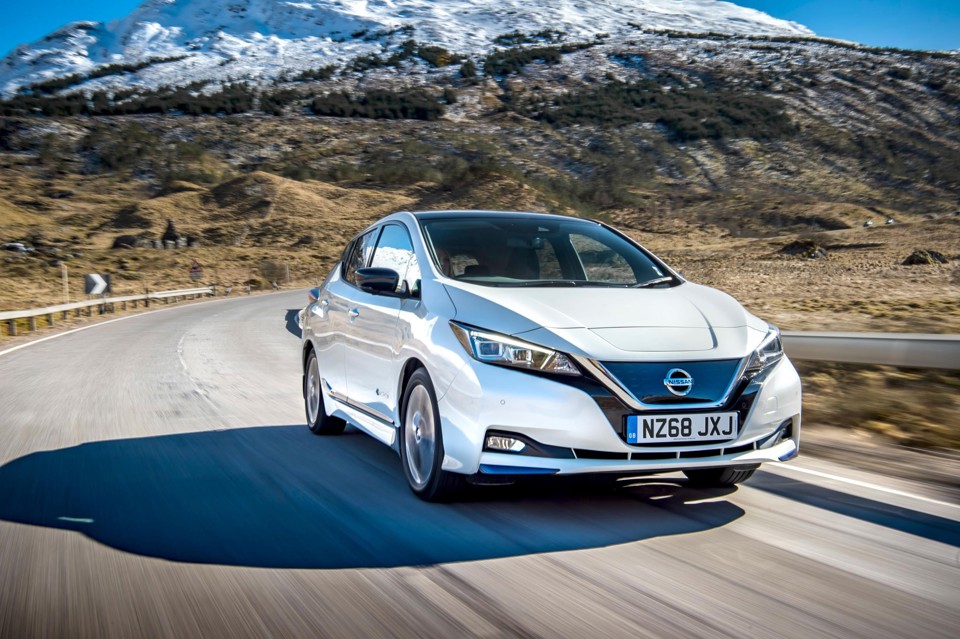



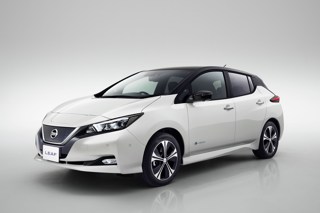
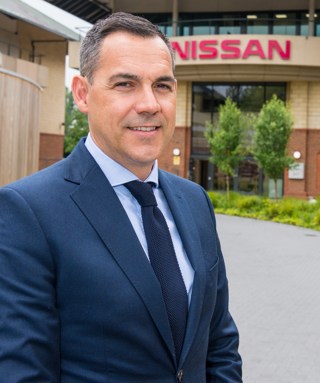

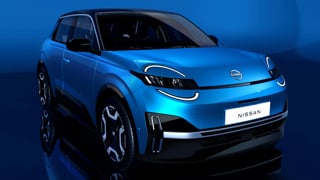
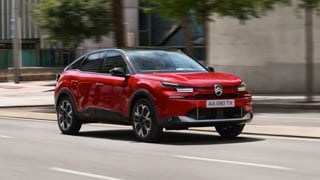













Login to comment
Comments
No comments have been made yet.